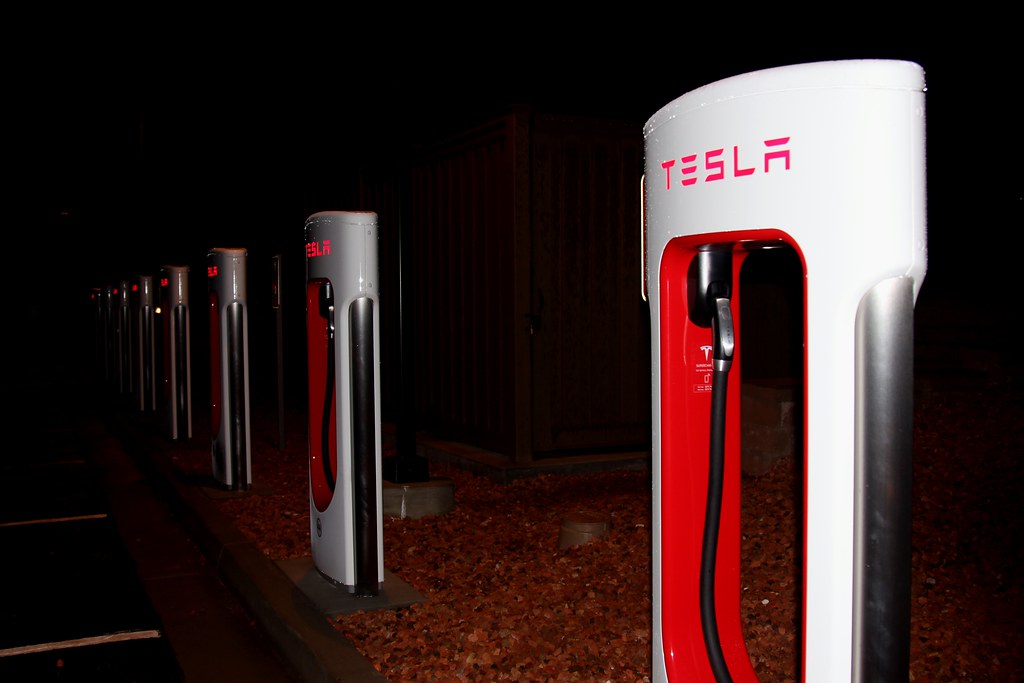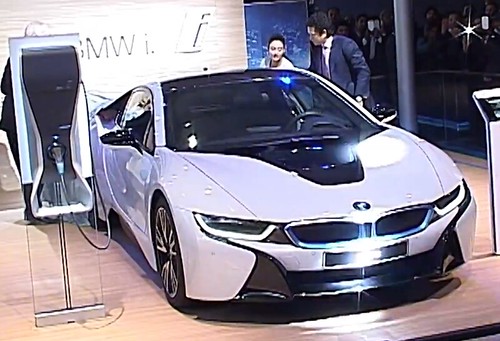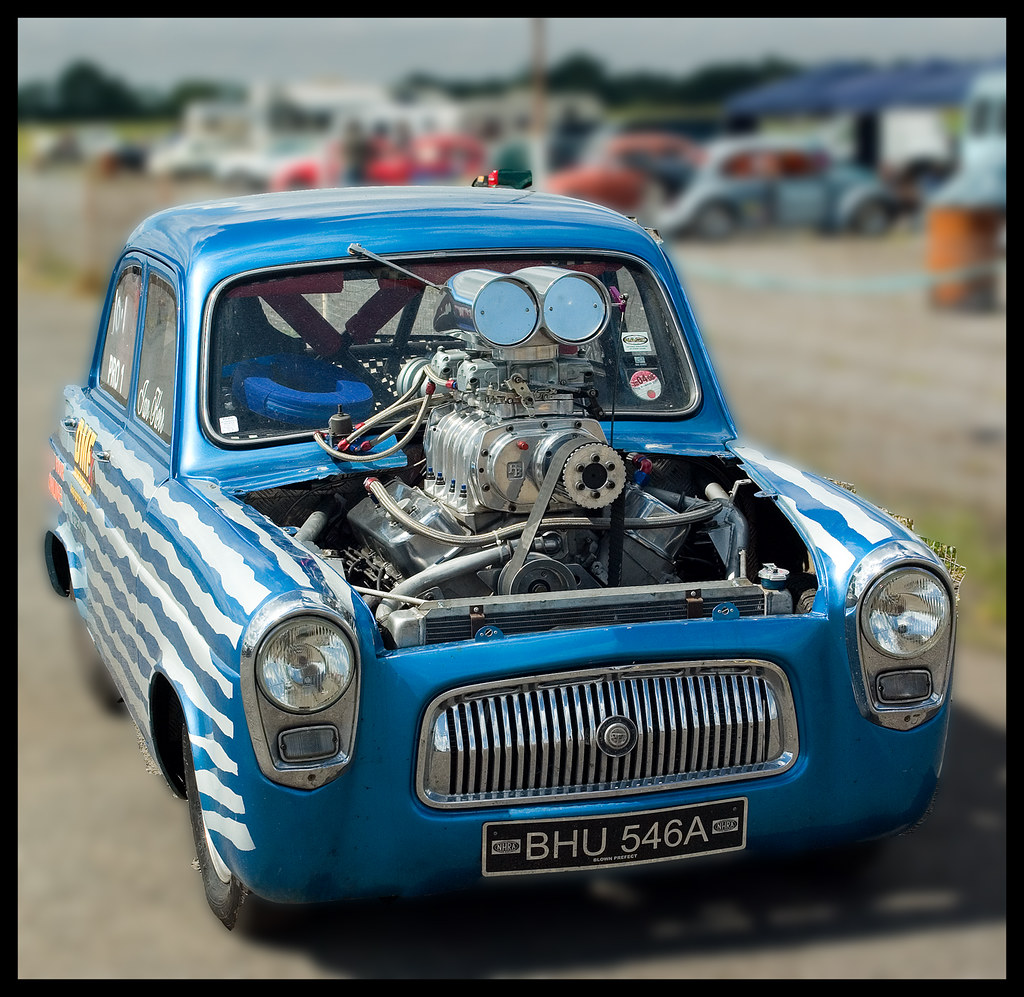
In the bustling world of automotive innovation, where complex technology and the relentless march of planned obsolescence often seem to dominate, the sheer reliability of a car’s engine stands out as a true golden standard. For any car buyer, whether a first-timer or a seasoned enthusiast, this cornerstone of vehicle performance and longevity is often at the very top of their decision-making list. After all, you might swap out the bodywork, upgrade the wheels, or replace various other components, but the engine remains the undeniable heart of any automobile, the very force that gives it life, character, and the ability to conquer countless miles.
A dependable engine isn’t merely about avoiding frustrating breakdowns or costly, high-end repairs; it’s about the peace of mind that comes with knowing your vehicle is a steadfast companion for daily commutes, adventurous road trips, and everything in between. It guarantees a smoother, more predictable ride, translating directly into reduced maintenance costs and an extended lifespan for your prized possession. As the automotive industry navigates a profound shift towards electric powertrains, the enduring appeal and crucial demand for robust internal combustion engines remain incredibly strong, particularly for those prioritizing proven durability.
This in-depth article embarks on a journey to uncover the titans of engine manufacturing, those brands that have consistently earned a stellar reputation for building engines that truly stand the test of time. We will delve into 15 such car brands, backed by real-world data, rock-solid reputations, and millions of proven miles, to help you make an informed choice and enjoy a dependable, headache-free driving experience for many years to come. Our focus is on the factors that truly define a reliable engine: exceptional design, the quality of materials used, and the engineering excellence embedded in every manufacturing process, ensuring every component from cylinder heads to piston rings is up to the monumental task.

1. **Toyota: The Unyielding Standard of Durability**When the conversation turns to automotive reliability, it’s virtually impossible not to mention Toyota, a brand that has become synonymous with unwavering durability and engines that consistently defy the passage of time. This Japanese manufacturer has painstakingly built a reputation for producing not just affordable and efficient vehicles, but ones equipped with powertrains that embody longevity across gasoline, diesel, and hybrid configurations. Their commitment to quality ensures that engine problems are among the least likely concerns for Toyota owners, even with their more budget-friendly options, consistently performing well above average compared to many competitors in reliability ratings.
Among its many engineering triumphs, the V6 2GR-FE stands out as one of the most reliable Toyota engines ever conceived. This type-cast aluminum alloy cylinder block, recognized four times on Ward’s 10Best Engines list since its introduction in 2004, provides a lightweight yet remarkably durable structure, powering models like the Highlander, Camry, and Rav4. Toyota’s dedication to the internal combustion engine is far from over, as evidenced by its continued production of impressive inline four-cylinder engines, including the 2.5-liter hybrid electric four-cylinder in the Toyota Camry XSE AWD, hailed by Ward’s as one of the best hybrid engines upon its release.
The brand’s legacy of robust engines extends further back with classics like the 2UZ-FE 4.7L V8, a cast-iron workhorse that powered rugged vehicles such as the Land Cruiser, Sequoia, and Tundra from 1998 to 2011. This engine is revered for its simplicity, low-stress design, and timing belt reliability, built to effortlessly exceed 400,000 miles. Another “nearly unkillable” mention is the 1ZZ-FE 1.8L inline four-cylinder, found in the Corolla, Celica, and Matrix, combining an aluminum block with a timing chain for exceptional longevity and minimal maintenance. Consumer Reports consistently ranks Toyota near the top for engine longevity, cementing its status as a benchmark for dependable motoring.
Read more about: Remember Your First Car? The 12 Iconic Models That Defined a Generation
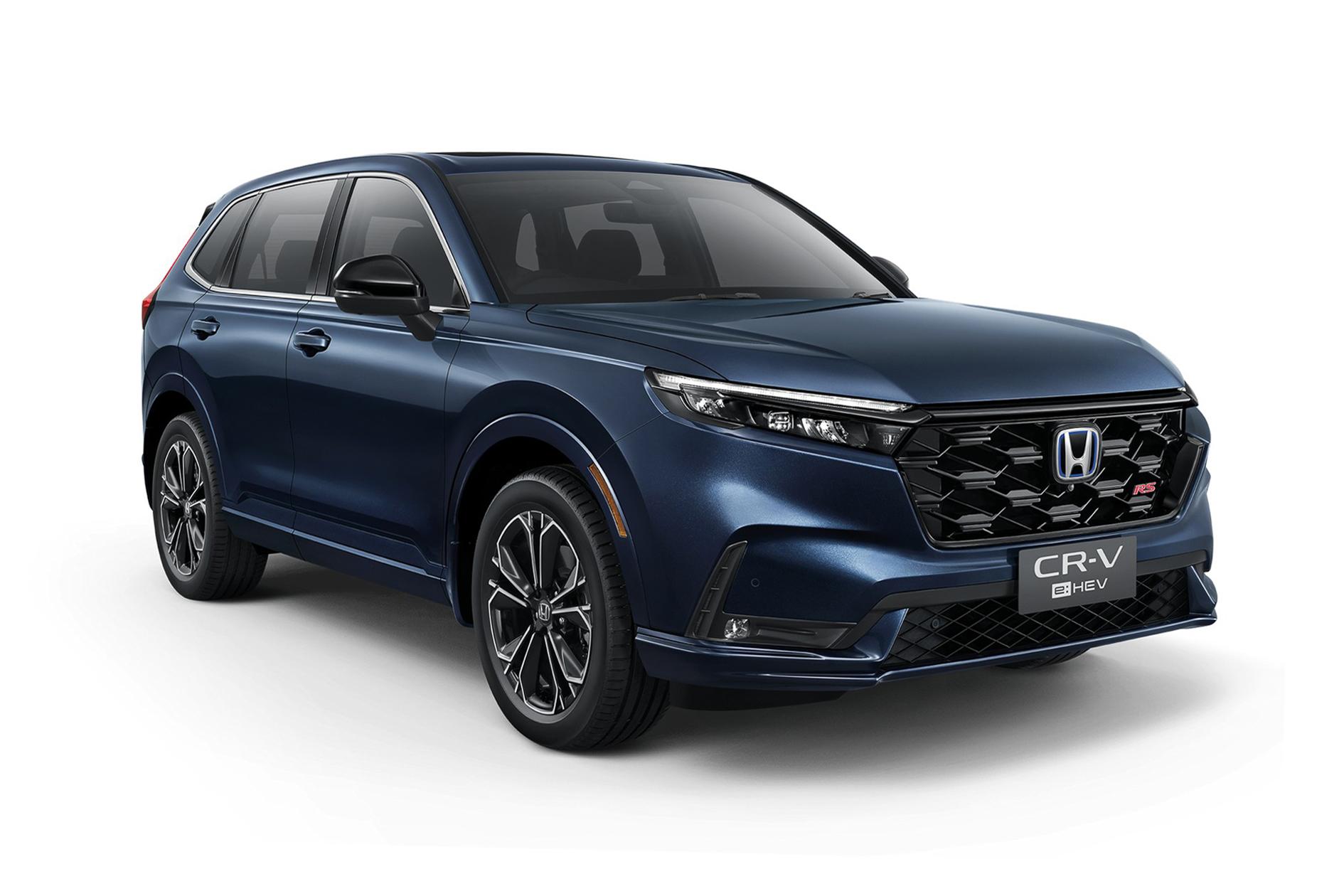
2. **Honda: Engineering Excellence and Enduring Performance**Honda’s journey into vehicle manufacturing, having started with motorcycles and race cars, has culminated in its status as a global leader in engine production, spanning not only automobiles but also motorcycles, boats, and a diverse range of electronics and equipment. The company’s claim of superior performance, quality, and best-in-class engineering is difficult to dispute, underscored by its consistent high marks for reliability from J.D. Power rankings. Honda’s unwavering commitment to quality and innovation in automotive engineering is evident in every powertrain they produce.
The VTEC (Variable Valve Timing and Lift Electronic Control) technology is arguably Honda’s most celebrated and recognizable creation, a testament to their innovative spirit. However, this is just one facet of the numerous advanced technologies incorporated into their engine manufacturing. Legendary engines like the B18C5, F20C, and the iconic K20 series are widely praised for their blend of performance and unwavering reliability. These engines, particularly the K20/K24 series found in models like the Civic Si, Accord, and CR-V, are known for their bulletproof bottom ends, smart VTEC engineering, and extensive aftermarket support, contributing significantly to Honda’s stellar reliability ratings.
Beyond just long-lasting components, Honda has made a strategic priority of manufacturing sustainable and efficient powertrains that not only meet but often exceed evolving governmental regulations. For over a decade, Honda engines have consistently been certified with stringent EPA Phase 2 emission requirements and CARB standards, reflecting a forward-thinking approach to environmental responsibility alongside mechanical excellence. Their engines are designed to be both powerful and reliable, ensuring a smooth and dependable ride that enthusiasts and everyday drivers alike can appreciate for years.
Read more about: Buckle Up (Slowly!): Meet the 12 Vehicles Piloted by the Most Annoyingly Cautious Drivers on the Road
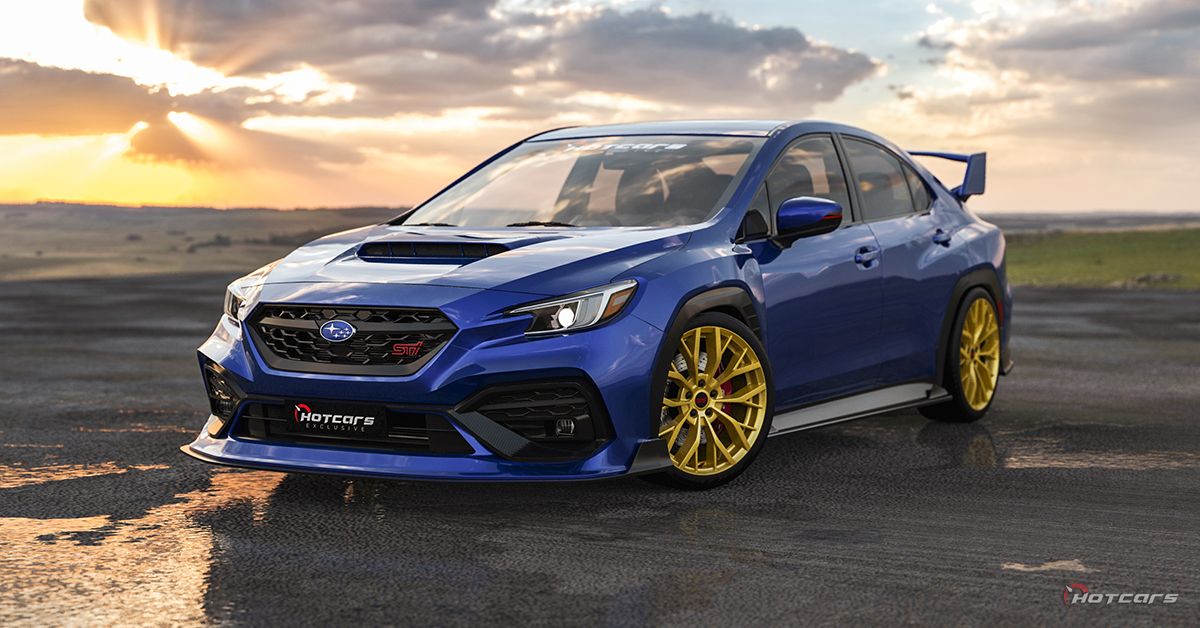
3. **Subaru: The Distinctive Boxer and Unflappable Reliability**Subaru vehicles are instantly recognizable for their unique engineering, particularly their Boxer engines, which are a defining characteristic of the brand’s commitment to durability and exceptional design. This innovative engine configuration, with horizontally opposed cylinders, inherently contributes to a lower center of gravity, enhancing vehicle stability and overall handling. This design choice is not just about performance; it’s a key factor in the longevity and reliable nature that Subaru drivers have come to depend on, making it a standout feature in both performance and safety aspects of their vehicles.
The Subaru Outback, for instance, perfectly showcases the brand’s dedication to robust engineering, equipped with these distinctive Boxer engines that enhance both reliability and longevity. Consumer Reports consistently rates Subaru as a high-reliability brand, a testament to the quality of engines like the non-turbocharged EJ25. While the turbocharged variants of the EJ25 were sometimes prone to head gasket issues, the naturally aspirated version tells a completely different story, known for its remarkable ability to clock serious mileage when properly maintained.
This reliability is particularly valued in rural and off-road conditions, environments where Subaru drivers frequently take their cars, relying on the engine’s capability to perform under demanding circumstances. The naturally aspirated EJ25, produced from 1996 to 2021, embodies the brand’s engineering prowess, providing consistent power and dependability for a wide range of applications. For enthusiasts and everyday users, Subaru’s commitment to a distinct, reliable engine architecture offers a compelling argument for its place among the most trusted names in automotive engineering.

4. **Ford: A Legacy of Power and Enduring Dependability**Ford stands as one of the most iconic names in the American automobile industry, renowned for building some of the best-selling cars and trucks, and boasting a rich history that began with engine production. Henry Ford, the company’s visionary founder, first ventured into creating engines before building his inaugural automobile, the Quadricycle, and subsequently the Model T, which revolutionized mass production. This extensive heritage has allowed Ford to develop a vast array of engines, many of which are universally recognized for their outstanding performance and unwavering reliability, solidifying their mark on automotive history.
Ford has earned multiple spots on the prestigious Ward’s 10 Best Engines list, celebrating innovations like the 5.0-liter V8, the 2.3-liter turbocharged four-cylinder in the 2017 Focus RS, and the highly efficient PowerBoost 3.5-liter turbocharged V6. Beyond these modern marvels, Ford’s historical contributions are equally significant; the Flathead V8 engine, for instance, introduced unprecedented speed and power to production vehicles, inspiring similar advancements across the industry. Other notable high-performing Ford engines that have emerged since its inception include the Windsor V8, Cleveland V8, and the Y-block V8, each powering some of the fastest commercial cars ever built.
Today, Ford’s EcoBoost engines epitomize a perfect synergy of efficiency and power, delivering reliable performance across a diverse range of models. These turbocharged powertrains are meticulously engineered to provide robust performance without compromising fuel economy, striking a balance that modern drivers demand. A prime example is the popular Ford F-150, equipped with an EcoBoost engine, showcasing the brand’s engineering expertise in offering both immense strength and steadfast reliability. Furthermore, the Ford 4.9L Inline-6, affectionately nicknamed the “300 Inline-6,” has achieved cult status for its incredible durability, capable of running forever even under the strenuous demands of towing or hauling, thanks to its simple, overbuilt cast-iron design and minimal electronics.
Read more about: Steer Clear! Unpacking 13 Overrated Car Brands That Are All Hype, No Substance – Reliability Gaps & High Upkeep Drive Frustration

5. **Chevrolet: The Enduring Heart of American Motoring**From its earliest days, Chevrolet has been synonymous with powerful and reliable vehicles, producing some of the fastest four-wheeled machines on the road while consistently emphasizing cost-effective engine creation. Over a century later, Chevrolet’s products remain among the most reliable on the market, a testament to their enduring engineering principles. The journey began with the 299 ci six-cylinder engine in its earliest cars, paving the way for numerous iterations that followed, each building on a legacy of dependability.
A significant highlight in Chevrolet’s history is the Blue Flame six-cylinder engine, an improved version of the Chevrolet Stovebolt Six from 1929, which famously became the first engine to power the iconic Corvette in the 1950s. However, Chevrolet’s most profound impact on the automotive world came with its small block V8 engines, widely regarded as some of the most influential powertrains of the 20th century. These engines are a cornerstone of American automotive design, known for their immense power and steadfast reliability.
In 2010, an Onstar diagnostic report, which involved nearly 2 million Chevrolet vehicles, revealed that an astonishing 99.3% of cars in the program had no engine or transmission issues, a compelling affirmation of the company’s commitment to building reliable cars and components. This impressive statistic underscores the brand’s dedication to quality. The Chevrolet Silverado, equipped with a small block V8, exemplifies this commitment, delivering robust and dependable performance for drivers. Moreover, the GM LS V8 Series, encompassing engines from the LS1 to the LS3, has achieved legendary status for its ability to produce significant power while demonstrating exceptional durability, often outlasting the very vehicles they power due to their ease of service and incredible resilience.
Read more about: Sculpted for the Ages: MotorTrend’s Definitive Look at the Most Visually Arresting Cars from Every Iconic Marque
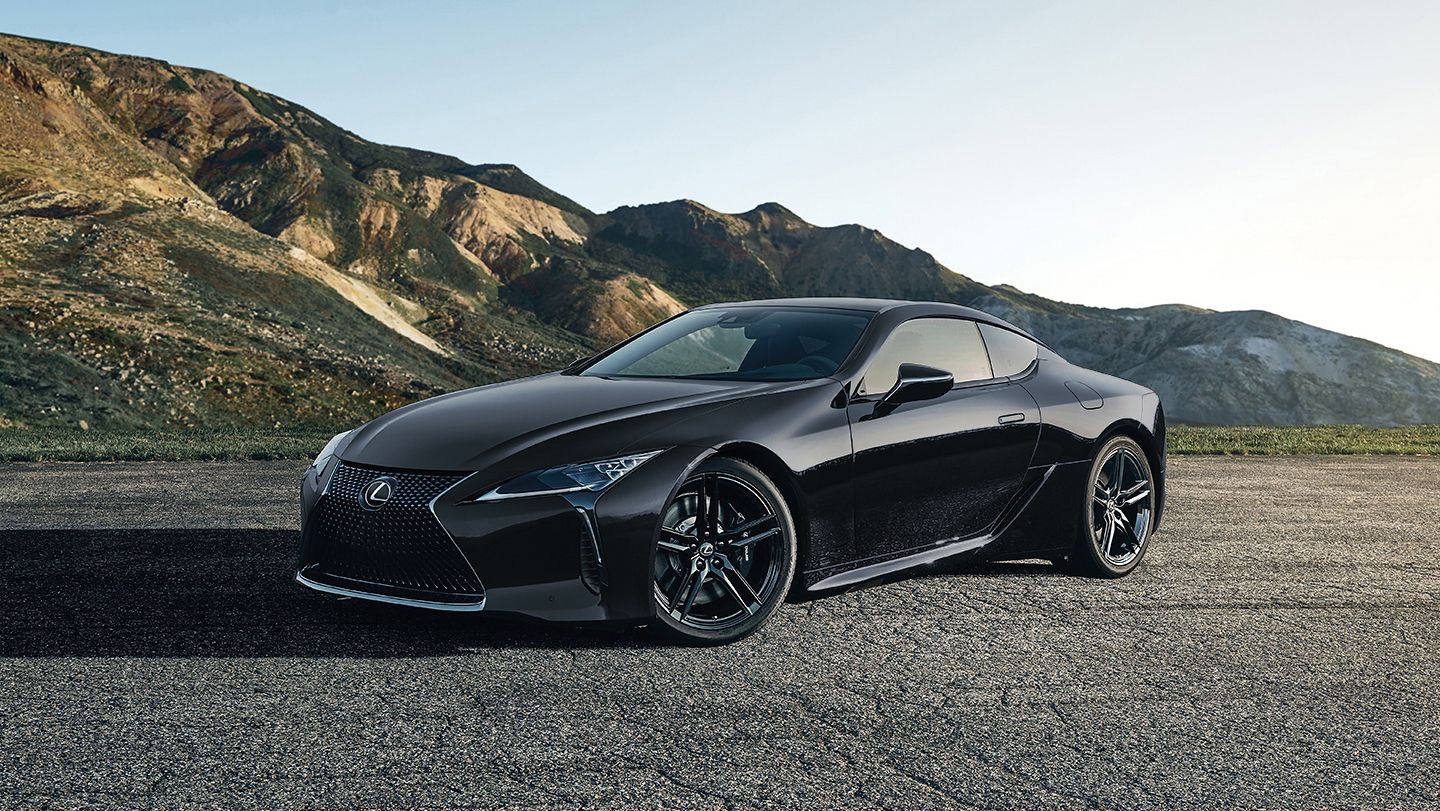
6. **Lexus: Luxury, Performance, and Unwavering Reliability**As the luxury division of Toyota, Lexus naturally benefits from its parent company’s renowned legacy of engine reliability, seamlessly integrating this foundational quality with high-end performance and sophisticated design. Lexus has firmly established itself as a brand synonymous with luxurious, high-end sedans and SUVs, yet it has simultaneously cultivated an impressive reputation for vehicles that boast high-performance capabilities and exceptional reliability ratings across various platforms. This commitment to quality is strikingly evident in models such as the Lexus RX, where the pursuit of performance and luxury flawlessly converges.
Lexus engines are meticulously engineered to deliver a driving experience that is not only smooth and refined but also dependably robust, consistently underscoring the brand’s unwavering dedication to excellence. Sharing some of its engine technology with Toyota, the 1UR-FE engine is one such example, recognized as one of the most reliable Lexus engines ever deployed. However, the brand’s perhaps most iconic motor remains the 1LR-GUE 4.8-liter V10, which powered the legendary Lexus LFA. Debuting in 2009, this engine is still considered a masterpiece, fundamentally reshaping the brand’s perception for the better, showcasing its capability to produce truly extraordinary powertrains.
Another significant engine in the Lexus lineage is the 1UZ-FE 4.0-liter V8, a marvel of engineering that powered the LS 400. This engine featured an advanced aluminum block housing its cylinders and four overhead camshafts, boasting remarkable reliability that allowed it to reach an impressive 200,000 miles without requiring major repairs. Overall, the Lexus brand steadfastly maintains its reputation as one of the most dependable car manufacturers in the world, a status further solidified by J.D. Power ranking Lexus as the most reliable carmaker of 2025, a testament to its consistent delivery of quality, luxury, and peace of mind.
Car Model Information: 2013 Lexus RX 350 Base
Name: Lexus RX
Caption: Lexus RX 500h F Sport Performance (TALH17, Germany)
Manufacturer: Toyota
Aka: Toyota Harrier
Production: December 1997 – present
ModelYears: 1998–present
Class: unbulleted list
BodyStyle: SUV
Layout: unbulleted list
Chassis: Unibody
Successor: unbulleted list
Categories: 2000s cars, 2010s cars, 2020s cars, All-wheel-drive vehicles, All Wikipedia articles written in American English
Summary: The Lexus RX (Japanese: レクサス・RX, Hepburn: Rekusasu RX) is a luxury crossover SUV sold since 1998 by Lexus, a luxury division of Toyota. Originally released in its home market of Japan in late 1997 as the Toyota Harrier, export sales began in March 1998 as the Lexus RX.
Considered as the first luxury crossover SUV, five generations of the RX have been produced to date, the first being compact in size, and the latter classified as mid-size. Both front- and four-wheel drive configurations have been used on the RX series, and several gasoline powertrain options, including V6 engines and hybrid systems, have been offered. In the Lexus model lineup, the RX sits below the larger Lexus LX (marketed as the Toyota Land Cruiser body-on-frame SUVs outside North America, respectively), and below the body-on-frame, but also mid-size GX SUV. The name “RX” stands for “Radiant Crossover”. It has also been labelled as “Recreational Cross Country” in some markets. The RX’s current Toyota counterpart is the Highlander/Kluger; past counterparts included the Harrier and Venza.
The first-generation RX 300, fitted with a 3.0-liter V6 engine, began sales in 1998. The Japanese market Harrier released in 1997 also offered a 2.2-liter inline-four, later uprated to 2.4 liters. The second-generation RX 300 (3.0-liter V6) and RX 330 (3.3-liter V6) models went on sale in 2003, with both variants supplanted by the more powerful RX 350 (3.5-liter V6) in 2006. Like the previous series, a 2.4-liter inline-four engine was sold alongside the 3.0-liter V6 in the Japanese market Harrier. In 2005, a hybridized gasoline-electric version of the 3.3-liter second-generation model was made available as the RX 400h in export markets and as the Harrier Hybrid in Japan. For the third generation released in 2009, both RX 350 (3.5-liter V6) and RX 450h (3.5-liter V6 hybrid) models were initially offered, with an entry-level RX 270 (2.7-liter inline-four) offered by Lexus in some Asian markets, including in Japan, since 2010. Since the release of the third generation, Japanese sales have occurred under the RX name as opposed to Harrier as had been the case previously. In the fourth generation, a turbocharged (2.0-liter inline-four) RX 200t/300 model was introduced to replace the previous 2.7-liter unit.
The RX has been assembled at Toyota Motor Kyushu since launch. The RX and RX Hybrid were the first Lexus models to be built outside Japan, with North American market versions produced at the Toyota Motor Manufacturing Canada plant in Cambridge, Ontario beginning 2003 (RX) and expanded in 2014 (RX Hybrid). Hybrid transaxles are built at the Kokura plant in Kitakyushu, Fukuoka since 2009.
Get more information about: Lexus RX
Buying a high-performing used car >>>
Brand: Lexus Model: RX
Price: $14,618 Mileage: 124,628 mi.
Read more about: The Million-Mile Masters: Unpacking the Engineering Secrets of 10 Automotive Brands That Defy Obsolescence

7. **Mazda: Innovative Engineering for Efficiency and Durability**Mazda has carved out a distinctive niche in the automotive landscape, earning widespread acclaim for its remarkable reliability. Repairpal, for instance, awards Mazda vehicles a solid 4.0 out of 5.0 reliability rating, highlighting a mere 10% probability of a Mazda vehicle repair being severe. This commitment to manufacturing reliable combustion engines has been a core tenet of Mazda’s mission for a considerable period, a dedication that persists even amid the industry’s significant shift towards hybrid and electric power. Far from merely adhering to traditional methods, Mazda has simultaneously placed a strong emphasis on developing and producing increasingly efficient powertrains that redefine industry standards.
Many enthusiasts and everyday drivers alike have developed a profound admiration for this Japanese manufacturer, largely due to its unconventional and innovative approach to engine making. This distinctive philosophy can be traced back to Mazda’s early years, when it boldly introduced its iconic rotary engine. Unlike conventional piston engines, rotary engines offered distinct advantages, being considerably more lightweight and compact, which facilitated more flexible and aesthetically pleasing car designs. These engines were also celebrated for their high-performance characteristics, leading Mazda to incorporate them into many of its popular sports models, demonstrating a pioneering spirit in engine architecture.
While the company eventually transitioned away from the widespread use of the rotary engine, its more recent SKYACTIV technology has proven to be equally transformative. By ingeniously achieving a low compression ratio, Mazda now produces engines that deliver significantly improved fuel economy while simultaneously boasting commendable power outputs, striking an enviable balance between efficiency and performance. The Mazda3, featuring a SkyActiv engine, perfectly encapsulates this commitment to providing a dynamic yet profoundly reliable driving experience. For a manufacturer that began as a relatively small brand in Japan, Mazda has undeniably made monumental strides over the past decades, firmly establishing itself among the top car brands revered for their unparalleled reliability, a fact further underscored by J.D. Power ranking Mazda as the third most reliable car brand, specifically noting the reliability of its non-rotary engines.
Continuing our exploration of automotive engineering excellence, we now turn our attention to the next eight brands that have consistently demonstrated a commitment to engine reliability and performance, building upon the high standards set by their industry peers. These manufacturers, through unique design philosophies and technological advancements, offer powertrains that stand the test of time and deliver a dependable driving experience for consumers. Each brand brings its own distinct approach to longevity, efficiency, and power, further enriching the landscape of reliable motoring.

8. **Nissan: Innovation and Enduring Reliability**Nissan has firmly established itself as a producer of quality engines across its diverse lineup of sedans, trucks, and SUVs. The company is widely recognized as one of the premier Japanese engine manufacturers, a reputation built on a solid foundation of reliability and consistent performance. This commitment to durability is reflected in its strong 4.0 rating on RepairPal, positioning Nissan among the top 10 car manufacturers for overall reliability.
Among Nissan’s most iconic powertrains, the SR20DET engine stands out as a testament to the brand’s engineering prowess. Featured in models like the Nissan S13 and S15, this engine was produced for over 13 years and is highly regarded for its extensive aftermarket support and remarkable flexibility for modifications and upgrades. Its enduring popularity among enthusiasts speaks volumes about its inherent reliability and robust design.
However, it is the VQ V6 engine series, comprising variants such as the VQ30DE and VQ35DE, that truly showcases Nissan’s dedication to long-lasting performance. This remarkable engine family has earned an impressive 13 mentions on Ward’s Top Engines list, a clear indication of its status as one of the most durable engines Nissan has ever engineered. The VQ family continues to be a cornerstone of Nissan’s dependable combustion engine lineup, found in popular models like the Frontier and Pathfinder, and is well-regarded for providing a smooth and reliable driving experience in vehicles such as the Nissan Altima.
While Nissan, like many manufacturers, is increasingly shifting its focus towards electric motors, particularly in Europe to comply with stricter environmental safety regulations, its legacy of reliable combustion engines persists. The company has already seen success in the electric domain, with the Nissan Ariya electric motor earning a spot on the 2023 Ward’s Top 10 Engines list, demonstrating its capacity for innovation across different powertrain types.
Read more about: Steer Clear! Unpacking 13 Overrated Car Brands That Are All Hype, No Substance – Reliability Gaps & High Upkeep Drive Frustration
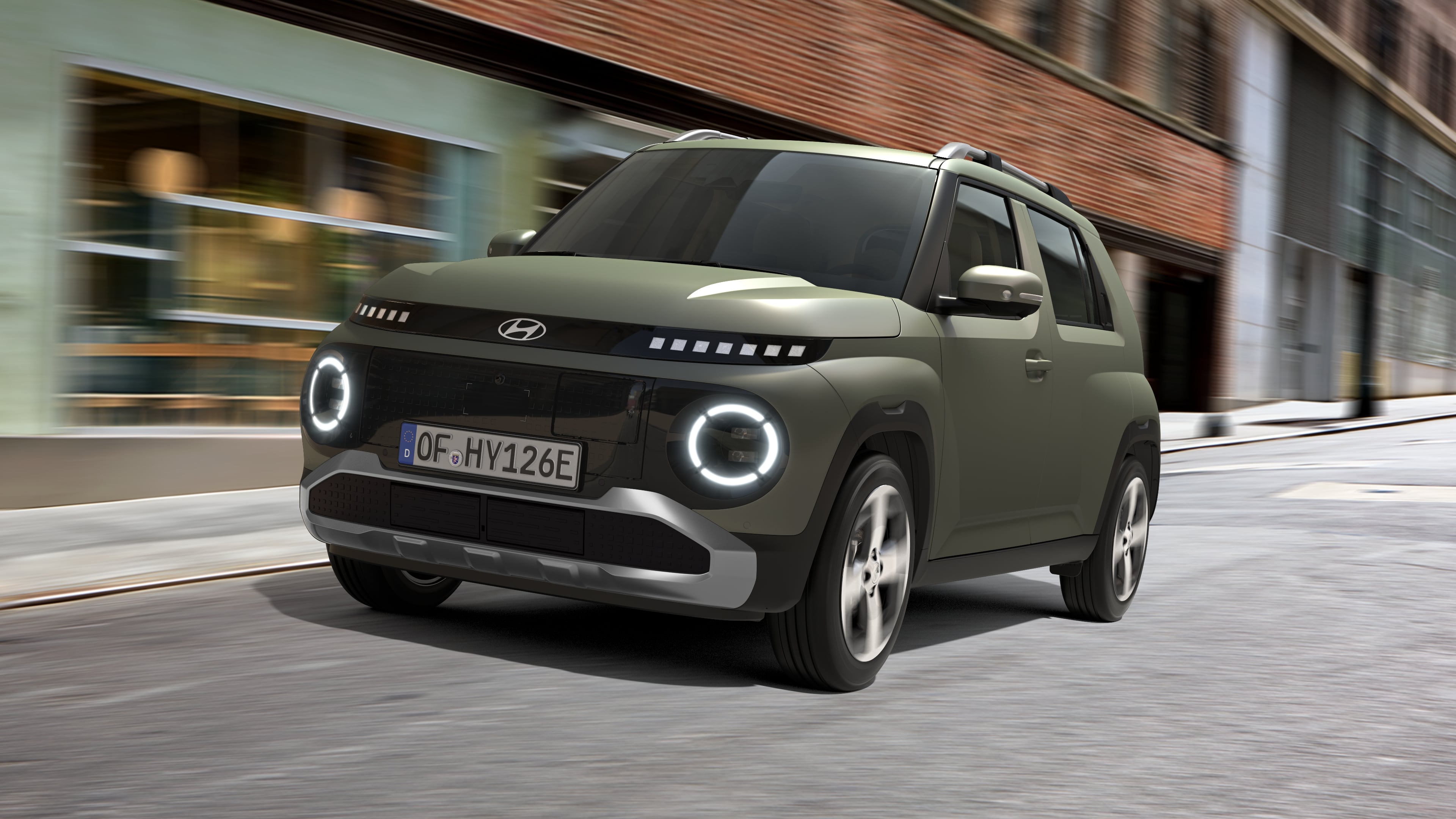
9. **Hyundai: Affordable Quality Meets Modern Dependability**Hyundai has skillfully carved out a niche for itself by offering affordable vehicles, but in recent years, the company has also emerged as a formidable contender in the realm of engine reliability. Through the integration of modern and innovative technologies, Hyundai’s powertrains are increasingly matching the competitiveness of its pricing, offering consumers exceptional value without compromising on dependability.
While Hyundai may not always be the primary choice for sheer powerful engines, it consistently ranks as one of the most dependable options available on the market. The brand’s Theta engines, for instance, are now widely recognized for their robust reliability and solid performance, underscoring Hyundai’s unwavering commitment to innovation and quality in its engine development.
Indeed, the Hyundai Sonata, equipped with a Theta engine, perfectly embodies the brand’s dedication to delivering a driving experience that is both dependable and enjoyable. In alignment with broader industry trends, Hyundai has been steadily increasing its focus on electric vehicle (EV) motors, with several of its EV powertrains notably featured on Ward’s Top 10 list, highlighting its forward-thinking approach to sustainable mobility.
Despite this strategic pivot towards electric powertrains, Hyundai has not entirely abandoned the traditional gasoline engine. Instead, it is intelligently incorporating advanced technologies like continuous variable valve duration (CVVD), dual-port fuel injections (DPFI), and integrated thermal management systems (ITMS) to significantly reduce emissions and enhance performance. Looking ahead, Hyundai aims to further demonstrate the enduring viability of gas engines with its extended-range electric vehicles (EREV) by 2027. This innovative technology utilizes a gas engine to charge the electric motor’s batteries, rather than directly powering the vehicle, representing a sophisticated blend of traditional and advanced engineering.
Read more about: Buyer’s Remorse Behind the Wheel: 15 Cars Drivers Swear They’d Never Buy Again – Learn from Their Mistakes
10. **Kia: Synergy of Reliability and Efficiency**Kia, a brand that greatly benefits from its shared technological foundation with Hyundai, consistently offers engines renowned for both their reliability and impressive efficiency. This strategic synergy allows Kia to leverage proven engineering advancements, translating directly into a consistently high-quality driving experience for its customers across various segments.
This dedication to shared innovation and manufacturing excellence is clearly demonstrated in models such as the Kia Sorento. Vehicles like the Sorento are celebrated for providing a smooth and profoundly dependable driving experience, affirming Kia’s ability to integrate robust powertrains into its diverse product lineup effectively. The focus remains on components that contribute to both long-term reliability and optimal performance.
Kia’s unwavering commitment to quality and continuous innovation ensures that its engines are meticulously designed to meet and often exceed the evolving demands of modern drivers. The brand emphasizes delivering a compelling combination of strong performance and remarkable longevity, providing consumers with peace of mind and enduring value. This strategic approach reinforces Kia’s growing reputation for producing vehicles that are built to last.
By prioritizing proven engineering and incorporating customer-focused design, Kia has solidified its position as a brand that consumers can trust for both daily commuting and longer journeys. The comprehensive reviews and expert analyses found on platforms like Edmunds further underscore Kia’s advancements in engine technology and its impressive vehicle lineup, reflecting a consistent dedication to mechanical integrity and driver satisfaction.

11. **BMW: The Art of the Inline-Six and Beyond**BMW has long been celebrated for its commitment to engineering excellence, particularly evident in its legendary inline-six engines. These powertrains, such as the widely acclaimed B58, are renowned throughout the automotive world for their exceptional smoothness, robust performance, and remarkable longevity. They stand as a hallmark of BMW’s dedication to delivering a refined and engaging driving experience that enthusiasts and everyday drivers alike have come to expect.
Tracing back its rich engineering history, the BMW M54 Inline Six, produced between 2000 and 2006, serves as an iconic example of the brand’s enduring design philosophy. Found in revered models like the E46 3 Series, Z3, and X5, this naturally aspirated six-cylinder engine blends silky performance with true longevity when properly maintained. Its quality internals and smooth power delivery have made it a favorite among many, despite some contemporary discussions comparing its durability to modern offerings.
Modern BMW vehicles, such as the BMW 3 Series, continue this tradition of excellence by showcasing the capabilities of the B58 engine. This newer generation of inline-six engines consistently offers drivers a powerful blend of performance and reliability, reinforcing the brand’s synonymous association with premium quality and mechanical integrity. The B58 is a testament to BMW’s continuous evolution while retaining its core engineering principles.
BMW’s dedication extends beyond just the inline-six configuration, encompassing a broader commitment to producing high-quality, durable engines across its portfolio. The brand’s consistent focus on sophisticated design and precision manufacturing ensures that each engine component contributes to the overall robust nature of its vehicles. This engineering ethos provides drivers with confidence, knowing their BMW is built for sustained performance over many years.
For those keen on delving deeper into the intricate world of BMW’s engineering innovations, the BMW engineering blog offers a wealth of detailed insights into their advanced technologies and vehicle advancements. It’s a resource that highlights the brand’s relentless pursuit of mechanical perfection and its impact on the driving experience.
Read more about: Beyond the Chrome: A MotorTrend Deep Dive into Vintage Cars That Command Millions Today

12. **Mercedes-Benz: Sophistication and Stamina**Mercedes-Benz, while actively steering towards an electrified future, boasts a storied history of producing a wide array of highly sophisticated combustion engines. From petrol to diesel and natural gas powertrains, the German automaker has consistently delivered options that stand at the forefront of market innovation and reliability. The brand’s commitment to precision engineering is evident across its diverse range of offerings.
Among its many engineering triumphs, the Mercedes-Benz OM617 3.0L Diesel engine, produced from 1978 to 1985, is celebrated as a mechanical masterpiece. Designed with an inherent durability that often allowed it to outlive the vehicles it powered, owners have consistently reported achieving over a million miles with only minor maintenance. Its overbuilt nature and the relative absence of complex electronic failure points, common in modern engines, solidifies its reputation as one of the most durable diesel six-cylinder engines ever created.
Mercedes-Benz’s high-performance AMG division has also featured some of the most impressive engines, such as the M113 K 5.4-liter V8, which debuted in 2003. This engine was a performance-enhanced version of the M113 5.0-liter, featuring an increased piston stroke, enlarged displacement, and revamped cylinder heads to deliver exceptional power and reliability, establishing AMG’s reputation for robust performance.
Historically, Mercedes-Benz was often ranked among the top three companies for engine reliability, boasting an impressive one in 119 failure rate. While rankings may fluctuate, the brand continues to produce many reliable powertrains that promise minimal headaches with proper maintenance. A recent example is the 2.0-liter turbo I4 engine found in the Mercedes C300, which made it to Ward’s list in 2017 as one of the best-performing and reliable powertrains, further attesting to the brand’s enduring quality in its inline-four and six-cylinder varieties.
For those interested in exploring Mercedes-Benz’s latest innovations and models, visiting their official site provides a wealth of resources and insights into their ongoing commitment to luxury, performance, and dependable engineering.
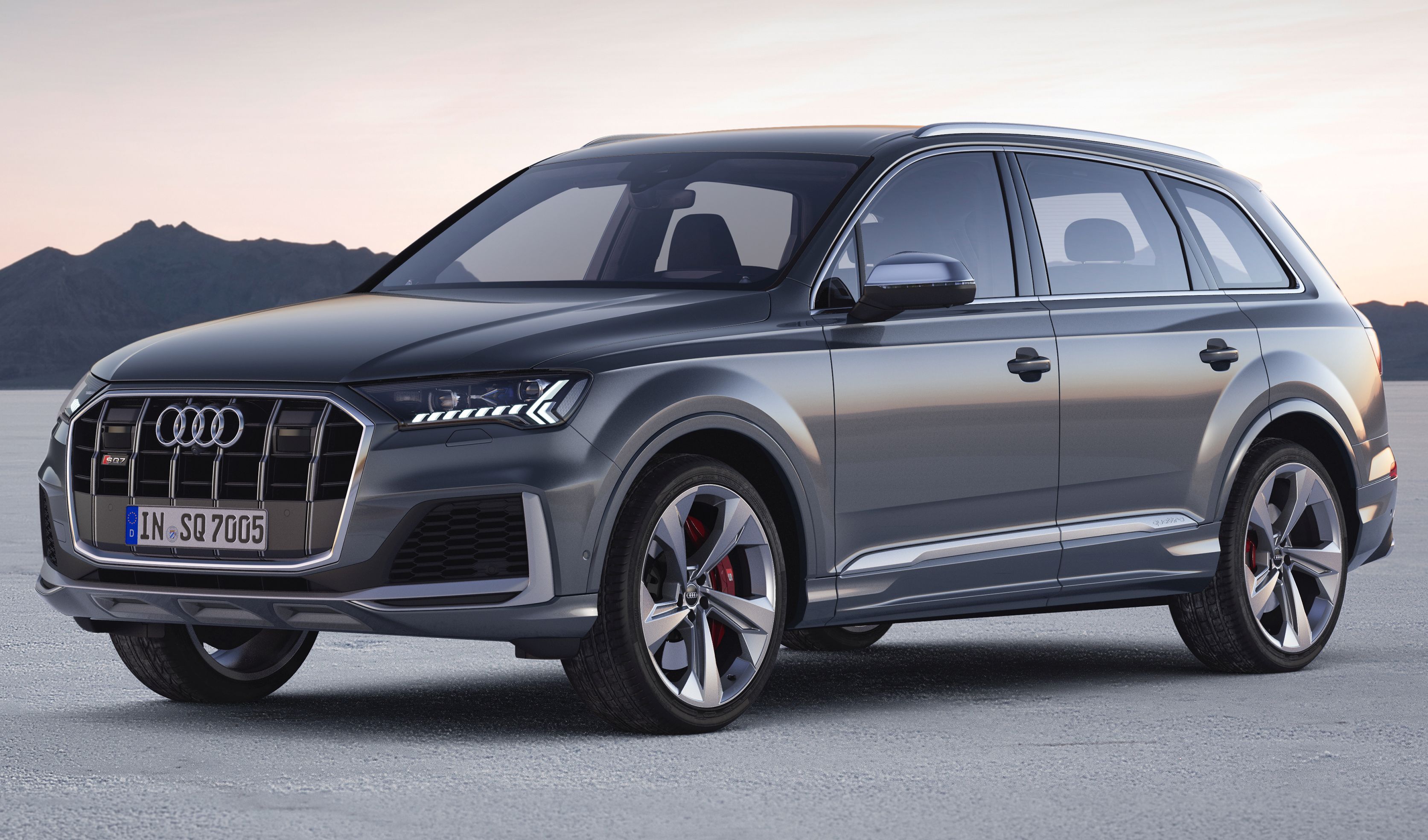
13. **Audi: Precision Engineering with TFSI Power**Audi has consistently earned acclaim for its commitment to cutting-edge technology and precision engineering, which is notably embodied in its highly celebrated TFSI engines. These sophisticated turbocharged engines are widely recognized for their exceptional efficiency and unwavering reliability, forming a cornerstone of the brand’s dedication to automotive excellence.
The TFSI engines are meticulously engineered to deliver an impressive balance of power and fuel economy, a critical combination for today’s discerning drivers. Their advanced design ensures that vehicles maintain robust performance without compromising on efficiency, showcasing Audi’s technical prowess in developing powertrains that meet diverse demands.
This commitment to providing a dynamic yet profoundly dependable driving experience is perfectly exemplified by the Audi A4, which features a TFSI engine. The A4 consistently demonstrates how Audi integrates high-performance capabilities with long-term reliability, making it a popular choice among consumers who value both exhilaration and peace of mind on the road.
Audi’s innovative engine technology, characterized by continuous refinement and an emphasis on durability, underpins its reputation for building premium vehicles. For enthusiasts and prospective buyers eager to delve deeper into Audi’s advanced engineering and the latest advancements across its vehicle lineup, the Audi technology page offers valuable insights and comprehensive information, illustrating the brand’s relentless pursuit of automotive perfection.

14. **Volkswagen: The Enduring Legacy of TDI**Volkswagen has long been recognized as a heavy hitter in the automotive industry, particularly for its robust and durable engines. The brand’s engineering prowess is exemplified by its TDI diesel engines, which are renowned for their exceptional durability and impressive fuel efficiency, characteristics that have garnered a dedicated following across the globe.
Among Volkswagen’s most notable contributions is the 1.9L TDI (ALH) four-cylinder engine, a true diesel workhorse produced from 1999 to 2006. This engine played a pivotal role in defining fuel efficiency standards in the early 2000s. With proper and consistent maintenance, it is not at all unusual for these engines to achieve remarkable mileages, frequently reaching 400,000 miles or even extending beyond a million miles, a testament to their inherent strength and resilience.
The steadfast reliability and considerable tuning potential of the 1.9L TDI have been enthusiastically celebrated by a vibrant community of owners and enthusiasts, such as those found on platforms like TDIClub. This active support and shared knowledge further underscore the engine’s legendary status and its capability to perform consistently under varied conditions.
Indeed, the 1.9 TDI four-cylinder engine has attained what many describe as “absolute king status” in numerous parts of Europe. It successfully powered several generations of various Volkswagen models without experiencing significant issues, cementing its reputation for providing consistent and dependable performance. The Volkswagen Golf, equipped with a TDI engine, perfectly embodies this blend of efficiency and reliability, making it a perennial favorite among drivers who prioritize longevity and economical operation.
For more detailed information on Volkswagen’s latest engine technologies and an in-depth look at its diverse range of vehicle models, visiting the official Volkswagen site offers comprehensive insights and timely updates for any interested consumer.
Car Model Information: 2013 Volkswagen Jetta SportWagen TDI
Categories: All articles needing additional references, All articles with dead external links, All articles with unsourced statements, All articles with vague or ambiguous time, Articles containing German-language text
Summary: Automotive manufacturer Volkswagen Group has produced diesel engines since the 1970s. Engines that are currently produced are listed in the article below, while engines no longer in production are listed in the List of discontinued Volkswagen Group diesel engines article.
Get more information about: List of Volkswagen Group diesel engines
Buying a high-performing used car >>>
Brand: Volkswagen Model: TDI
Price: $9,995 Mileage: 85,600 mi.

15. **Volvo: Safety, Performance, and Drive-E Innovation**Although Volvo may not command the same widespread popularity in the U.S. market as some of its competitors, the Swedish manufacturer consistently produces truly great engines that align with its core values of safety and performance. Volvo’s deep-rooted history in engine production dates back to its acquisition of Pentaverken, a marine engine producer, in 1935, which is now known as Volvo Penta, showcasing its long-standing expertise.
In recent years, Volvo has made a significant and strategic shift towards electric powertrains. Its current engine lineup is comprehensive, featuring gasoline, mild hybrid, plug-in, and pure electric options, with all new Volvos now incorporating at least a mild-hybrid system. This transition reflects the brand’s commitment to improving efficiency and meeting evolving environmental standards, leading to the phasing out of engine types like the T5 and T6 in favor of the more advanced B5 and B6 series.
Volvo’s commitment to engine excellence has also been recognized on prestigious platforms. The company was listed consecutively on Ward’s 10 Best Engines list from 2015 to 2017. This recognition included the 2.0-liter turbocharged DOHC I-4 in the Volvo S60 in 2015, the 2.0-liter turbocharged/supercharged DOHC I-4 powering the XC90 in 2016, and the highly efficient 2.0-liter turbocharged/supercharged DOHC engine in the Volvo V60 Polestar in 2017, highlighting their ability to deliver powerful and reliable compact engines.
The brand’s innovative Drive-E engines are particularly known for their impressive combination of power and steadfast reliability. These engines are meticulously designed to deliver robust power output while simultaneously maintaining highly efficient fuel consumption, striking an optimal balance that modern drivers appreciate. The Volvo XC60, featuring a Drive-E engine, beautifully exemplifies this blend of reliability and performance, offering a sophisticated and dependable driving experience.
**Wrap-up**
Choosing a car with a reliable engine is unequivocally pivotal for ensuring not just the longevity of your vehicle, but also a consistently satisfying driving experience. From Nissan’s enduring VQ series to Volvo’s innovative Drive-E technology, these brands collectively exemplify a profound commitment to engineering excellence and consumer trust.
The common thread weaving through all these esteemed manufacturers is their unwavering dedication to quality, efficiency, and robust performance. This commitment translates directly into providing drivers with the invaluable peace of mind that comes from owning a dependable vehicle, alongside significant long-term value.
When you are in the process of selecting a new vehicle, prioritize reliability by giving thoughtful consideration to these renowned brands and their proven engine technologies. Your journey towards a truly dependable, enjoyable, and headache-free driving experience commences with an informed choice. We encourage you to explore further by visiting the respective brands’ official websites to discover the perfect car that meets your specific needs and expectations.


